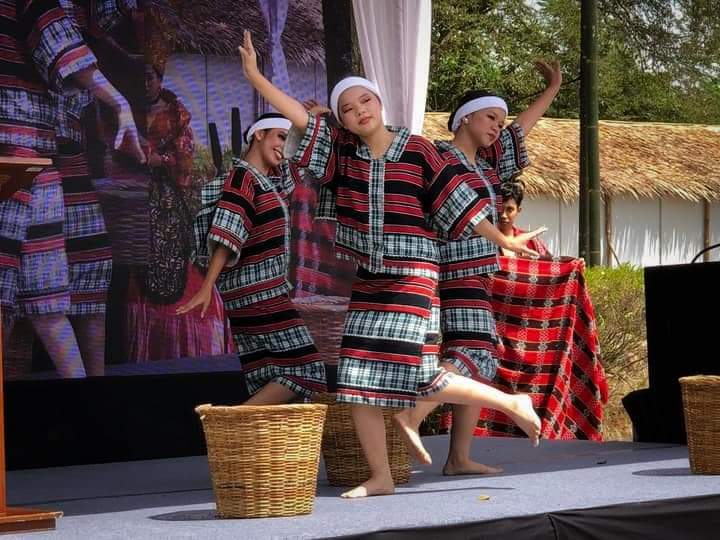The International Ecotourism Travel Mart (IETM), the world’s first and biggest green travel mart, was held in the Philippines last March 29 until April 2 to promote sustainability and aversion to climate change.
With the theme, ”Embracing Authentic Ecotourism: An Ecotourism Festival,” the IETM gathered several delegates and exhibitors from over 20 different nations to learn and showcase products and services that promote ecotourism, green technology, and sustainability practices. The whole event was also publicly accessible for people to learn, experience and shop.
Participating countries include Australia, New Zealand, the United States of America, Bhutan, Cambodia, China, Costa Rica, Hong Kong, Indonesia, India, Japan, Malaysia, Laos, Myanmar, Mongolia, Nepal, Timor Leste, Sri Lanka, Singapore, South Korea, Taiwan and Thailand.
”Principles on ecotourism and sustainability are not mere words to me, but a way of life that should be pursued and lived, and I can see that there is much reason to hope in the future of ecotourism in the world,” said Christina Frasco, keynote speaker on IETM’s opening day. Frasco is also the current Department of Tourism (DOT) Secretary who promised sustainable tourism practices under her term.
The five-day green mart fair consisted of a two-day ecotourism summit, a travel exhibition, and an ecotourism marketplace. The IETM summit ensured participants expanded their knowledge of sustainability and ecotourism and grew their networks across national and regional ecotourism associations. Meanwhile, the travel exhibition and marketplace featured different booths across a number of green businesses, organizations and local government agencies to promote their sustainable products and services.
DOT collaborated with its regional offices nationwide to collect a wide array of local delicacies, indigenous textiles and other locally-made products and services. The Department of Trade and Industry (DTI), on the other hand, showcased its One Town, One Product (OTOP) Pavilion, where at least ten MSMEs (Micro, Small, and Medium Enterprises) products were displayed and sold. The bustling marketplace also valiantly welcomed small businesses and organizations such as the Likhang Maragondon, Alfonso Turismo, and more.
Tribal communities were also present in their own respective booths such as the Mangyan tribe, who showcased their indigenous script, Hanunoo, to the attendees in hopes of getting them to learn it, thus preserving their culture. The IETM also built a makeshift Indigenous People’s Village featuring different countries’ diverse cultures. Additionally, select tribal groups were invited to perform during the fair, highlighting the program’s dedication to cultural diversity and representation.
Asian Tourism Network (ATN) Chairman, Masaru Takayama, emphasized how the fair is ”a great opportunity for cross-learning, networking, and a celebration of ecotourism to ensure…[that] our culture that is inseparable from nature will be handed over to our next generations.”
Ecotourism embraces sustainability goals, diversity of nature and culture, and environmental and cultural preservation while promoting heritage and generating income locally. According to ASEAN Centre of Biodiversity (ACB) executive director Theresa Mundita Lim, IETM elevates the tourism sector as the pioneer in promoting balance between economic development and harnessing nature to solve current world problems.
Initially, the IETM was set to be held last 2020 but was postponed numerous times due to the COVID-19 pandemic. Organizers of this historic event are hopeful that all attendees were able to gain a wonderful and significant learning experience and a renewed fervor to the revival of tourism post-pandemic while also battling against climate change.










